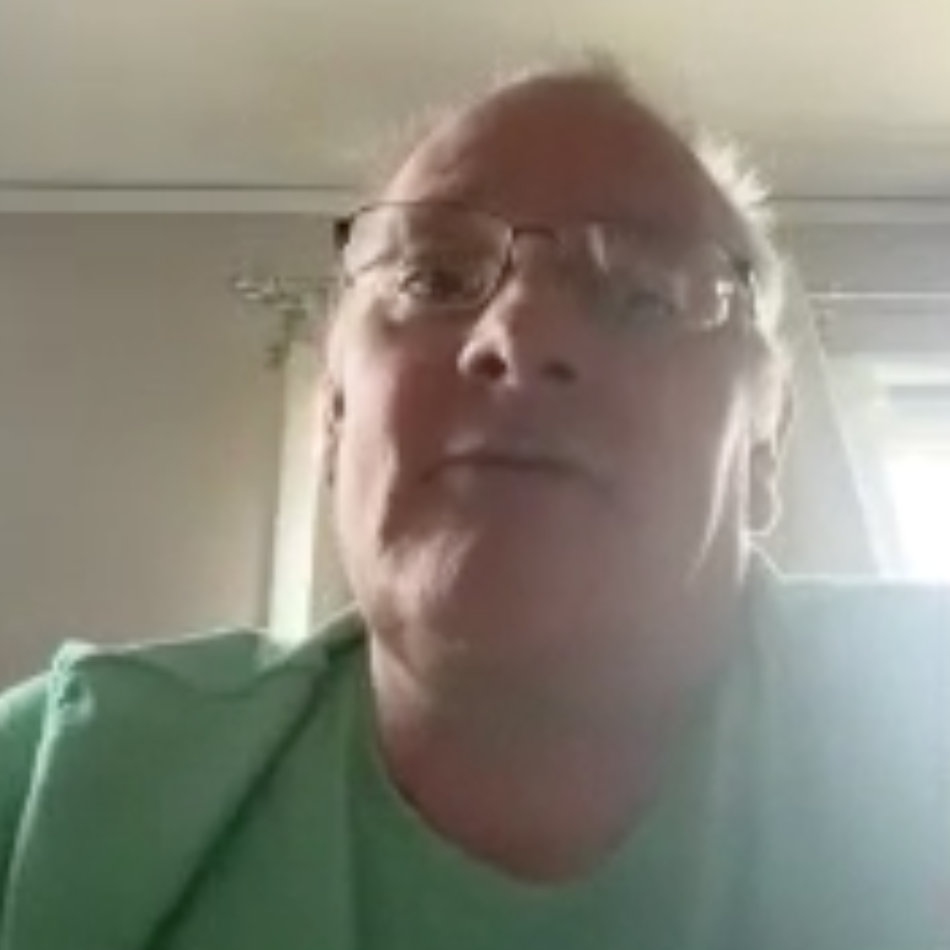
Medicaid has been an invaluable service to me and my family.
Troy Sharp of Omaha, Nebraska spent the last six years caring for his wife through severe health conditions until she passed away from heart failure in 2023, two years after a heart transplant. Together they raised two children, now 14 and 11. Throughout those difficult years Medicaid provided a safety net, shielding the vulnerable family from loads of medical debt. “Medicaid has been an invaluable service to me and my family,” Troy explained.
As her illness progressed, Troy needed to leave his job to care for her full time. “We didn’t have any kind of way to have anyone to stay with her,” he recalled. “So I ended up having to go on FMLA leave… but later on I was unable to return because of her conditions continuing to worsen due to rejection.”
His children carry the weight of loss of their mom. “They got to see their mother sick for the majority of their lives,” he said. “They never got to really see their mother in good health.” Now raising them alone, Troy faces new challenges. His son receives SSI disability for moderate to severe autism, and his daughter struggles with serious mental health issues. “My daughter has had very intense problems with wanting to harm herself and I’ve had to have her evaluated and put in various facilities to try and address those issues,” he said. “I’m trying to do the best I can as a parent, a single parent. I’m not very good at this single parent thing yet, but Medicaid has offered a great help.”
Troy has also found support from Nebraska DHHS. “I’m not saying they’ve always been the easiest to deal with, but they have always been very helpful and understanding to my family,” he said.
Still, the transition has been difficult. “It’s kind of demoralizing when you think of, hey, you can’t go back to work right away because you got a daughter that has to be supervised,” he explained. “I really want to go back to the workplace. It’s just when you’re dealing with a child that has very severe diagnosed mental conditions that that kind of changes the dynamic for a single parent family.”
Despite his struggles, Troy is clear about the importance of Medicaid. “There’s just a lot of things we could not have done, I flat out could not have done,” he said. “We get survivor benefits, but survivor benefits run out eventually, you know, so you can’t lean on those indefinitely.”
To lawmakers, he urges them to consider the bigger picture. “Look at the bigger picture of those plans and look at the benefits that they have allowed people and afforded to people,” he said. “It’s important to keep Medicaid in place. I think that it’s a wonderful thing that as long as it’s handled appropriately is a great benefit. It’s an expense, I get it. Also, don’t be afraid to look at mental health care either while you’re at it.”
Troy’s journey shows how quickly life can change and how vital Medicaid is when it does. As a caregiver, a grieving husband and now a single father navigating his children’s disabilities and mental health needs, he has leaned on the program to keep his family afloat. Survivor benefits will end, his children will continue to need support, and Troy hopes to return to work. But none of that changes his bottom line: Medicaid makes survival possible. “These are programs that need to be cherished,” he says.
Add your voice to help us continue to push for the best health and health care for all.
SHARE YOUR STORY